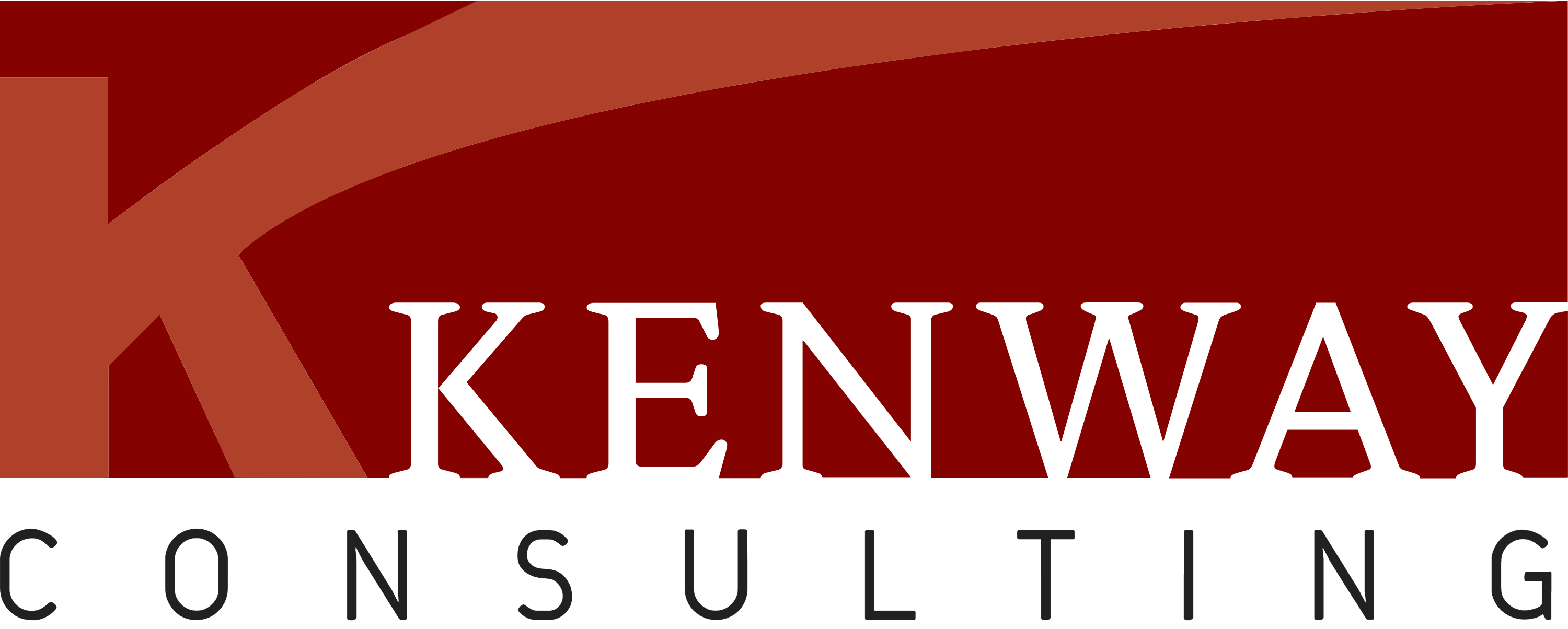Leveraging AI Governance as a Competitive Advantage

In today’s rapidly evolving technological landscape, Artificial Intelligence (AI) has become a cornerstone for innovation and growth across various industries. From enhancing customer experiences to optimizing operations, AI offers tremendous potential. However, alongside its potential benefits come significant challenges, particularly in terms of governance and risk management. In this blog post, we’ll delve into the critical importance of AI governance as a competitive advantage, using real-world examples to highlight the consequences of inadequate governance.
As Navrina Singh, Founder and CEO of Credo AI, said at the Cyara XChange event in 2024:
“Scalability can’t occur without governance. No governance leads to not having control over your AI platforms. A tiny error can lead to total distrust, and trust is key.”
This statement encapsulates the essence of AI governance. Without proper governance frameworks in place, organizations risk losing control over their AI systems, which can have far-reaching consequences.
The Google Debacle: Bard Hallucination
Let’s start by examining a cautionary tale from Google, where a lack of governance led to a substantial financial setback. In 2023, Google experienced a significant drop in its stock value, losing a staggering $100 billion (equivalent to an 8% drop in stock share price) in a single day. The root cause? A Google Bard, now called Gemini, “hallucination” – a term coined to describe a scenario where an AI system makes erroneous statements based on flawed data interpretation.
In this case, Bard claimed that the James Webb Space Telescope had captured the world’s first images of a planet outside our solar system, an assertion that was deemed false afterwards. The incident highlighted the critical need for robust AI governance mechanisms to prevent such costly errors. Had Google implemented stricter governance protocols, such as rigorous data validation and human oversight of AI-driven decisions, the impact could have been mitigated or avoided altogether.
The Google example underscores the importance of trust in AI systems. Trust is not just a buzzword; it’s a fundamental pillar that underpins successful AI deployment. Without trust, users, customers, and investors may lose confidence in AI-driven solutions, hampering adoption and limiting the potential benefits that AI can offer.
Real-World Impact
Irresponsible AI can lead to widespread misinformation, which directly impacts the knowledge society retrieves from these systems. The effects can be seen on any industry in which AI tools are used. The examples are numerous: healthcare misdiagnosis, inaccurate journalism, deepfakes, incorrect financial advisory, and so on.
Looking beyond these implications, AI governance also plays a pivotal role in addressing ethical considerations and societal impact. A recent Gartner report warned of the potential dangers posed by Generative AI. The report projected that without adequate governance and ethical frameworks, there’s a real risk of AI systems causing harm, including the possibility of fatalities by 2027.
This sobering prediction serves as a wake-up call for organizations to prioritize AI governance as part of their strategic initiatives. By proactively addressing governance challenges, companies can not only mitigate risks but also gain a competitive advantage in several ways:
- Enhanced Trust and Reputation: Implementing robust AI governance instills trust among stakeholders, including customers, investors, and regulatory bodies. A reputation for responsible AI practices can differentiate an organization in the market and attract partners and customers who prioritize ethical considerations.
- Risk Mitigation and Compliance: Effective governance frameworks help identify and mitigate risks associated with AI deployment, ensuring compliance with regulatory requirements and industry standards. This proactive approach minimizes the likelihood of costly legal disputes or regulatory fines.
- Innovation Acceleration: Contrary to popular belief, stringent governance doesn’t stifle innovation; instead, it fosters responsible and sustainable innovation. By aligning AI initiatives with ethical guidelines and risk management protocols, organizations can confidently explore new use cases and unlock opportunities for growth.
- Operational Efficiency: Well-defined governance structures streamline AI development, deployment, and monitoring processes, leading to improved operational efficiency and resource allocation. This efficiency gains a competitive edge by delivering value faster and more reliably than competitors with less mature governance practices.
How to Deploy AI Governance Effectively
The AI governance journey is not static. It requires continuous development and revision to support new and existing AI systems, data sources, and stakeholders to allow tailored governance practices to your company’s specific use cases. The illustration below depicts some actionable steps to guide you deploy AI governance in an effective manner.
Conclusion
AI governance is not just a regulatory necessity but a strategic imperative for organizations seeking to harness AI’s full potential. The Google stock market incident and the Gartner report serve as stark reminders of the consequences of overlooking governance considerations. By prioritizing governance, organizations can turn potential risks into competitive advantages, paving the way for responsible AI-driven innovation and long-term success.
For any further information you or your company may need on Artificial Intelligence, do not hesitate to contact us at info@kenwayconsulting.com. We help our clients develop a comprehensive understanding of AI capabilities and applications. Whether you’re looking to integrate AI into your existing systems, explore advanced AI solutions, or navigate ethical considerations in AI deployment, our team is committed to providing tailored support to drive your success.








